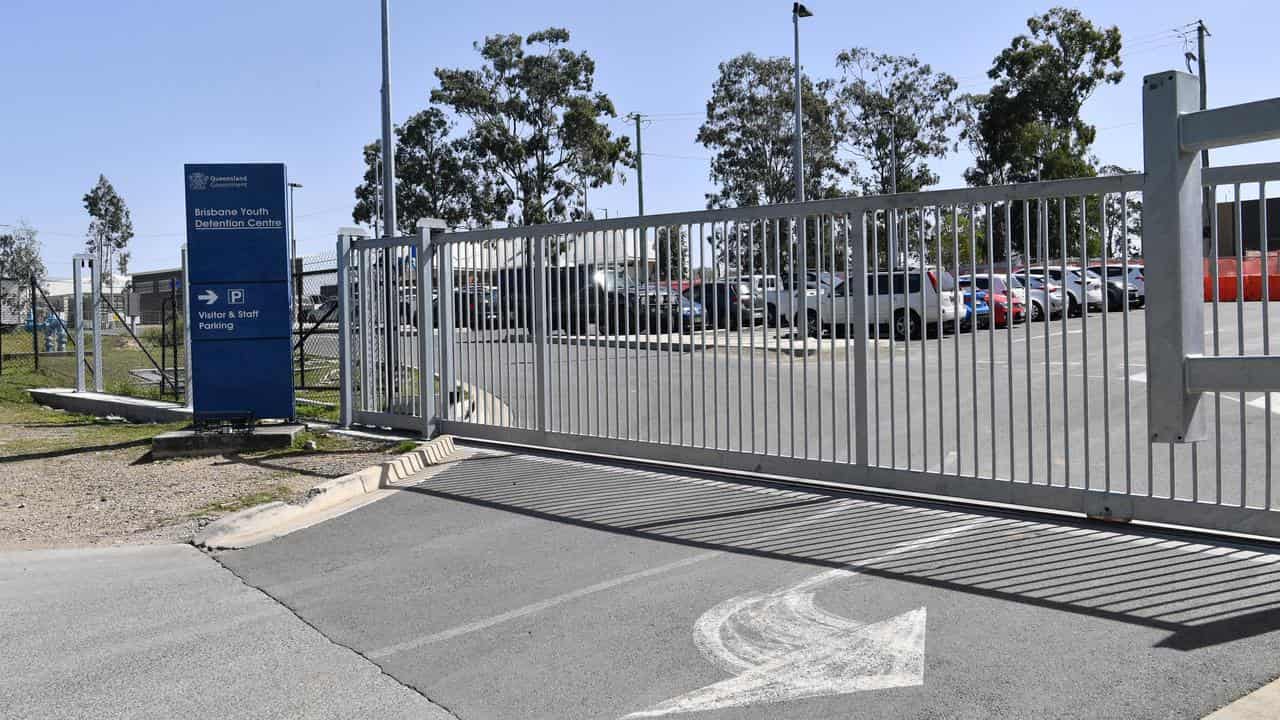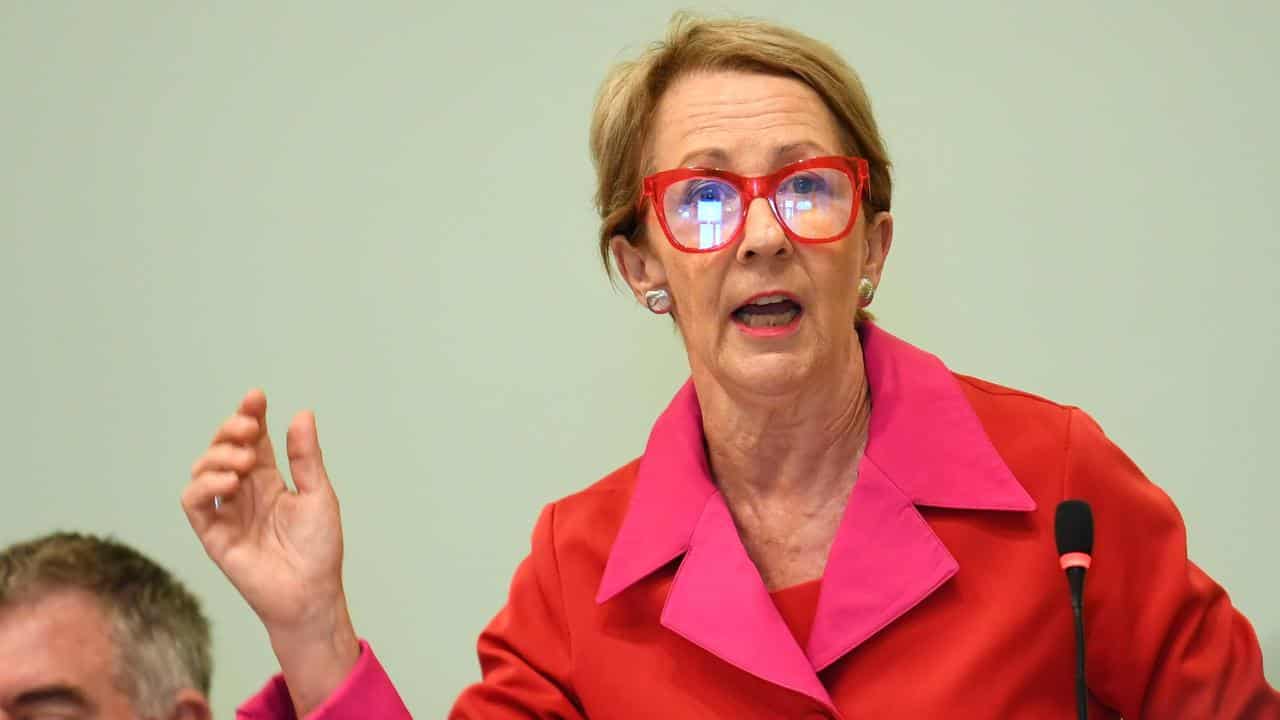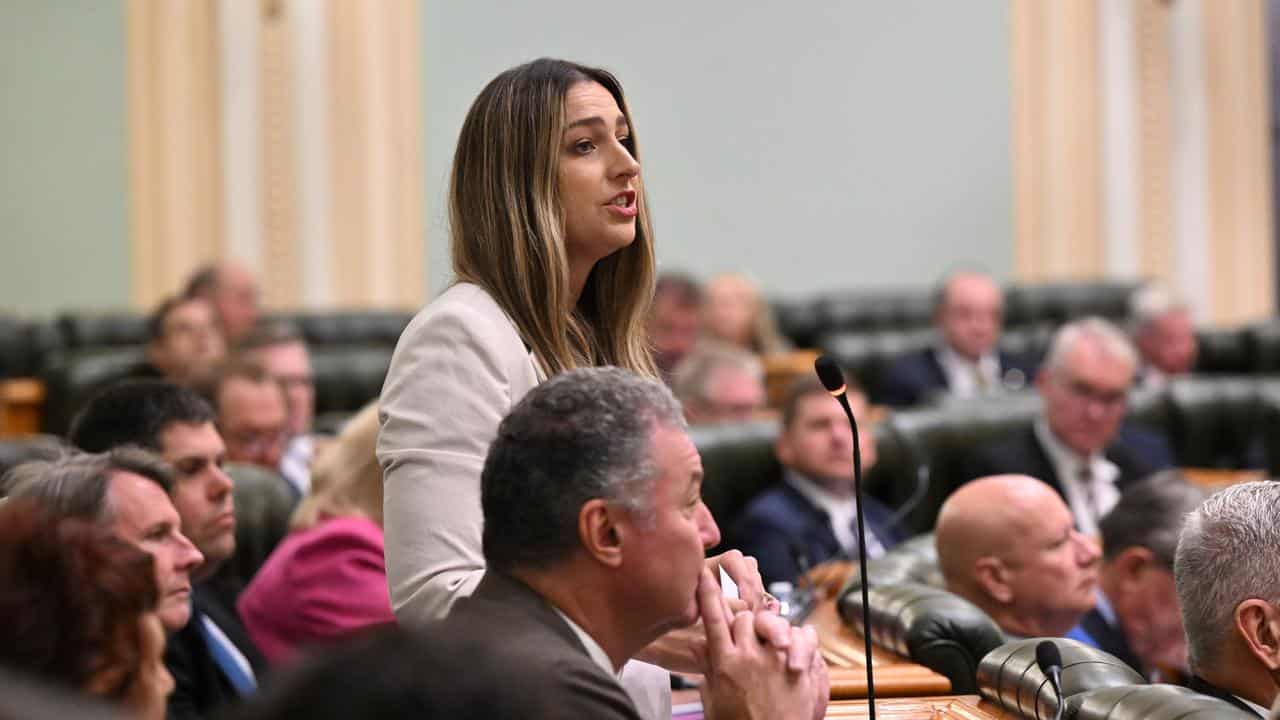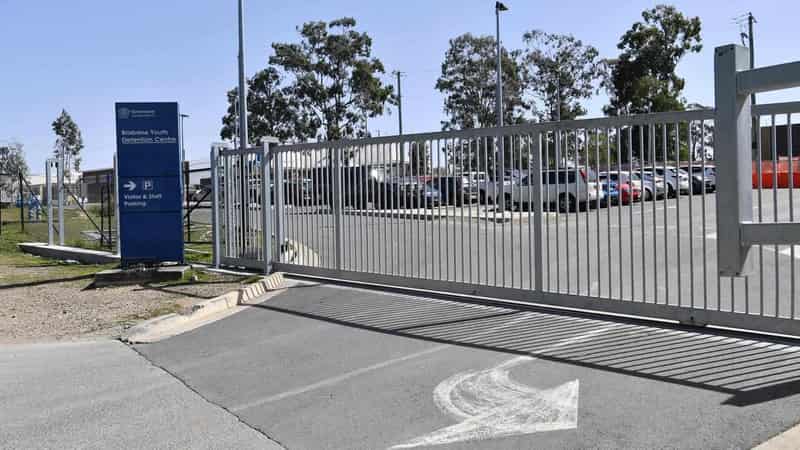
Queensland's youth detention system is "largely ineffective", with a state government report revealing it has one of Australia's biggest reoffending rates.
The Queensland Family and Child Commission report featured damning statistics, describing the current detention model as "the most expensive and least effective solution to youth crime that we have designed".
"If our efforts continue to be concentrated largely on punishment and containment, rather than building responses to the complex reasons that lead to young people committing crimes, we will not achieve community safety," the commission's chief executive Luke Twyord said in the report.
But Queensland Premier Steven Miles did not agree with the commission's findings on Friday.
"What we have is a very strong community safety plan that is based on what the experts have told us is working," he said.
"Those programs along with the strong action of our police is driving down and turning the corner on those particular youth offending rates."
The report said in 2020/21 Queensland had the second highest percentage of young people reoffending after release from detention, at 91.26 per cent.
In 2023 that percentage was between 84 per cent and 96 per cent.

The report said it suggested Queensland’s approach to rehabilitation and reintegration of juveniles back into the community was "largely ineffective" or "there is an unjustified assumption about the rehabilitative prospects of detention".
Youth Justice Minister Di Farmer said Queensland's detention facilities were not rehabilitation centres.
"The youth detention centres as they currently stand, are there to keep the community safe," she said.
"So if you commit a serious offence, if you are a threat to the community, we have very strong laws that send those young people to detention.
"It is our early intervention and prevention programs that are aimed at reducing reoffending."
Ms Farmer said therapeutic services would be included in plans for new youth centres in Woodford, in the state's southeast, and Cairns in the far north.
Between 2018 and 2023, the number of young people aged 10 and over in detention across Australia, on an average day fell by 13 per cent.
In Queensland, the number of young people in detention on an average day rose by 22 per cent.
Opposition youth justice spokeswoman Laura Gerber said if the LNP opposition won October's state election, they would remove detention as a last result from legislation and deliver "gold-standard intervention".
“Detention should not only be a consequence for action, it should also be an opportunity to intervene and change the behaviour of youth criminals, delivering rehabilitation and support to turn their lives around," she said.

However the report said removing detention as a last report was expected to further increase the numbers in detention.
The commission recommended the state government fund a long-term program to address the risk factors associated with contact with the justice system.
They include family dysfunction, domestic and family violence, drug and alcohol use, education disengagement, mental health issues, housing instability and poverty.









